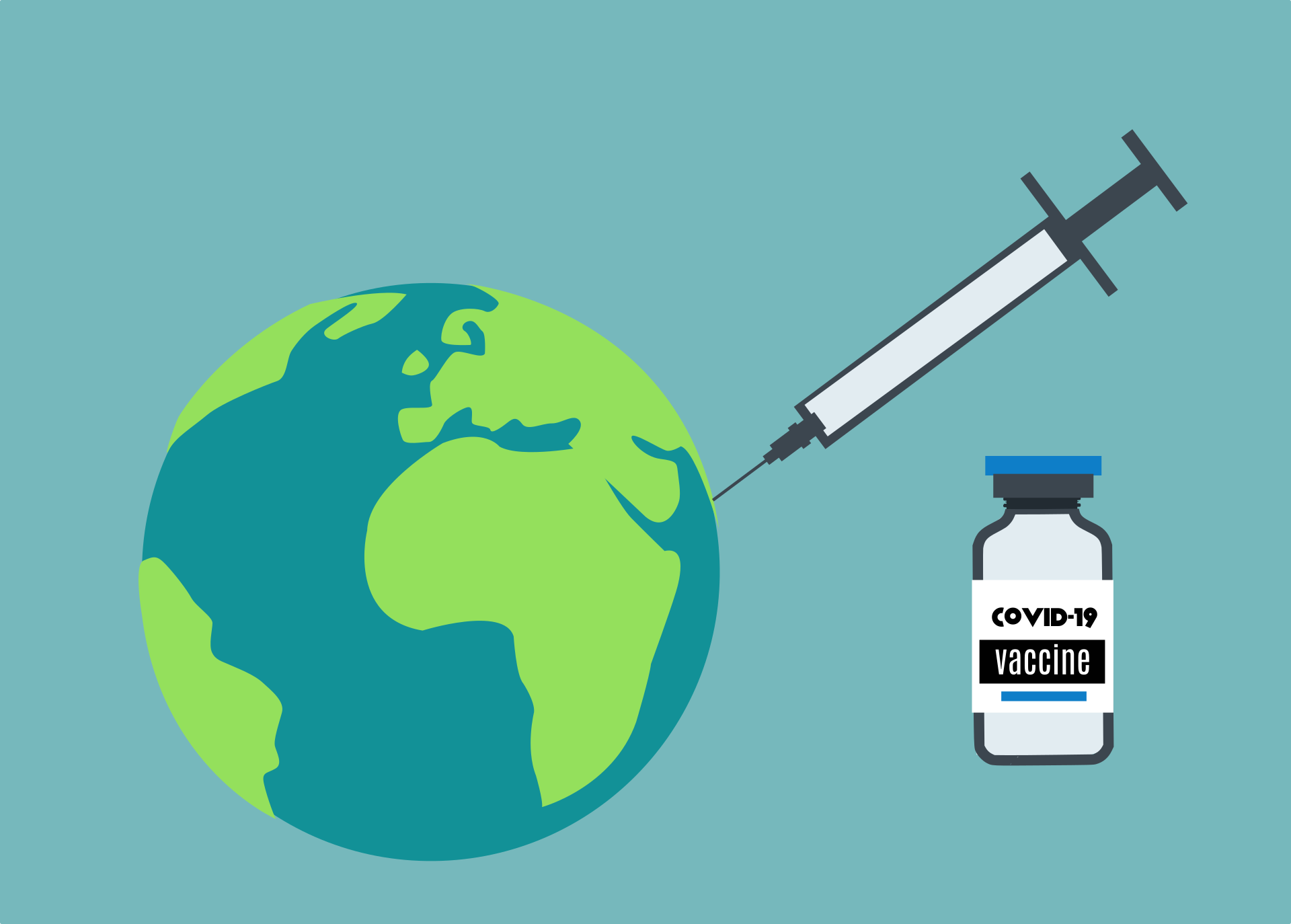Thoughts and new data on vaccination, lockdowns and other oddities in the Covid-19 debate
The highest good is health, they say. I am not sure if that is true. More precisely, whether this sentence is true probably depends on how we define health. Common definitions assume the absence of disease. More recent thinking tends to suggest that one can live well even with illness, provided one can do what is important. Perhaps, above all, a certain freedom is necessary for this? Namely, freedom from fear – which usually prevents us from doing what we would like to do. Freedom from material worries – which also restrict you a lot. Freedom from worries about the future – which are not exactly helpful either. So maybe freedom is at least as important as health, or more precisely, an important aspect of health? How would we characterize a person who is physically healthy in a cell awaiting the execution of his death sentence, even though he may have been innocently convicted? Healthy? Suffering? That, too, may not be so easy to determine.
With this little thought experiment, I am pointing out that the much-used practice of setting values against each other is not helpful. You cannot set health against freedom and vice versa. The “either-or” style of thinking, as I have often pointed out, almost always leads astray when it comes to complex questions. For the “either-or” that we know from the two-valued, Aristotelian logic which computers use, only helps in solving very firmly defined questions that can be described within a framework of propositional logic. The deep questions of life are usually more complex and require a style of thinking that is inclusive, or dialectical, or perhaps complementary. [1]. In other words, a style of thinking that is capable of thinking about and is somehow including the opposite and thus finding either something new or a synthesis.


